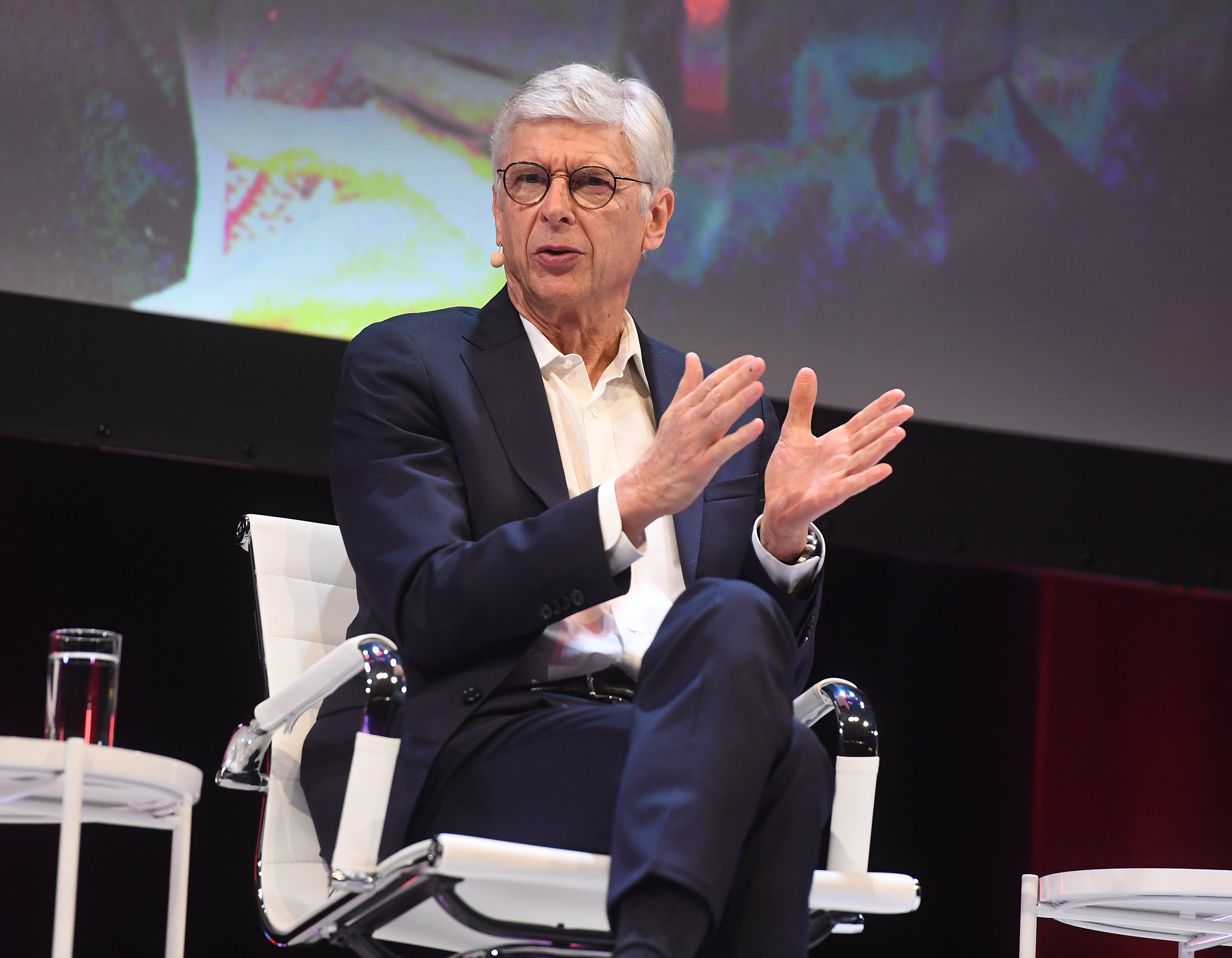Fifa ponders calendar rethink after federations raise financial concerns
The global governing body is consulting over a new calendar to begin from 2024 – a process led by Arsene Wenger

Fifa is considering reshaping its international calendar proposals after national federations raised concerns about the financial impact of cutting the number of international qualifying matches.
Former Arsenal manager Arsene Wenger, now Fifa’s chief of global football development, is leading a consultation on the future of the international match calendar in men’s football, which includes the hugely controversial proposal to hold biennial World Cups.
Initially Fifa had proposed cutting the number of international windows from five to as few as two – one in October and one in June – and with no country playing any more than seven qualifiers, including play-off matches.
However, Wenger revealed that during the consultation process national federations had raised concerns over the financial impact that the reduction in international breaks and qualifiers would have, and have demanded there be room for up to 10 national team matches in any season, excluding finals tournament games.
Wenger told an audience of clubs, leagues and federations from across the world at the virtual Professional Football Conference: “The feedback we got is that one single October window (for qualification) is considered too extreme and that two touch points, the end of the season and October, are not enough.
“(There has been) demand from the federations to keep the original number of games because they sell the qualifiers and they think the drop of income will be too big for them.
“The smaller nations also said if you reduce the number of qualifiers and we do not qualify for the big tournaments, we have less opportunities to compete as with the current format.
“Everybody says the status quo is not accepted. We want a change. So what can we do?

“Looking at the federations demanding for more qualifiers than we proposed initially, we could add option three. That means in the initial proposal, for example, in the option two you had four games in October and three games in March. We could play six games in October and two games in March and two games in preparation for the final tournament in June.”
There has been strong opposition to Wenger’s proposals within Europe. Uefa president Aleksander Ceferin suggested European countries could boycott biennial World Cups and the confederation is already planning for a European Championship in 2028, when Fifa proposes the first World Cup in the new biennial cycle would take place.
Earlier this month the Premier League expressed its opposition to the calendar proposals, raising concerns about the impact on fan experience and the quality of competitions.
It is understood to be concerned that longer windows would be more disruptive to the top flight than the current calendar. A six-game international break in October would effectively require domestic top-flight football to pause for a month each season.
Wenger says coaches at club and national team level would benefit from changing this “stop, go” approach, while keeping the balance between club and national team football at 80-20.
Fifa president Gianni Infantino said last month he hoped to present a “consensus” on the calendar to his organisation’s members at a global summit on December 20.
Join our commenting forum
Join thought-provoking conversations, follow other Independent readers and see their replies
Comments
Bookmark popover
Removed from bookmarks